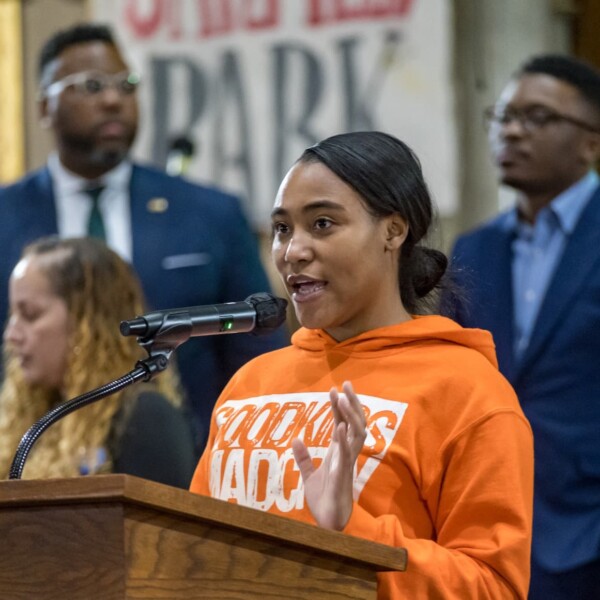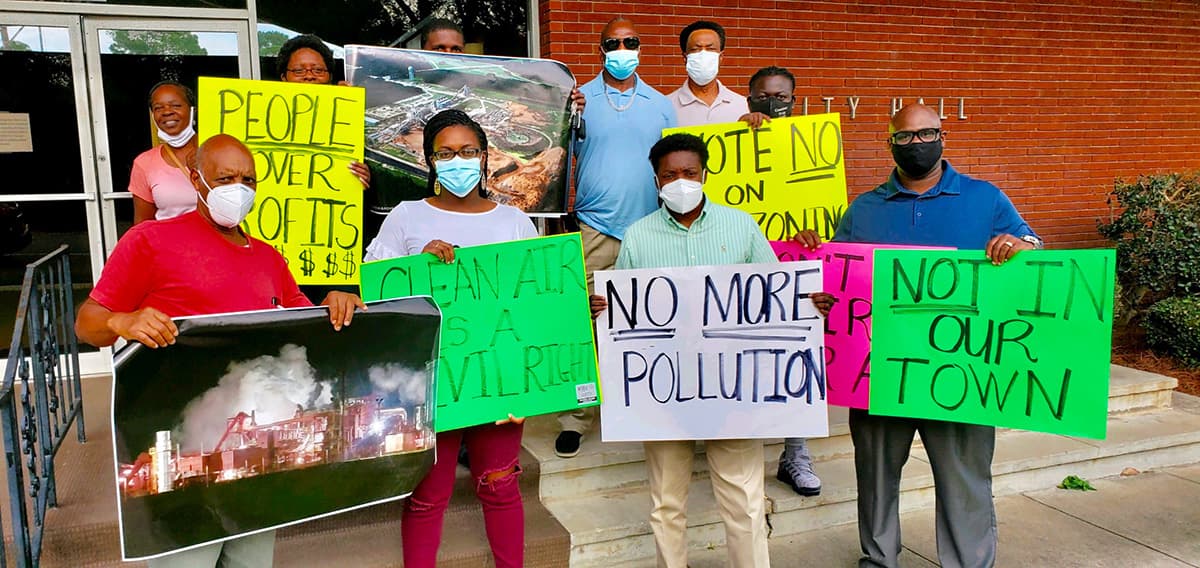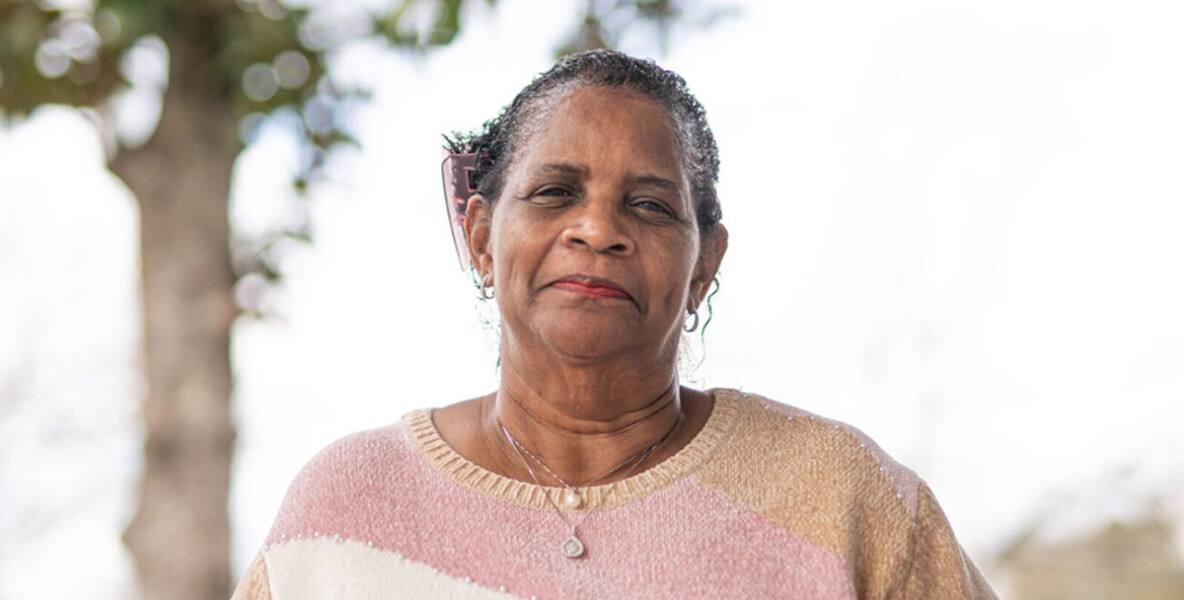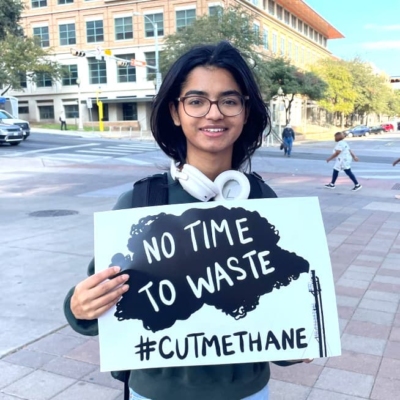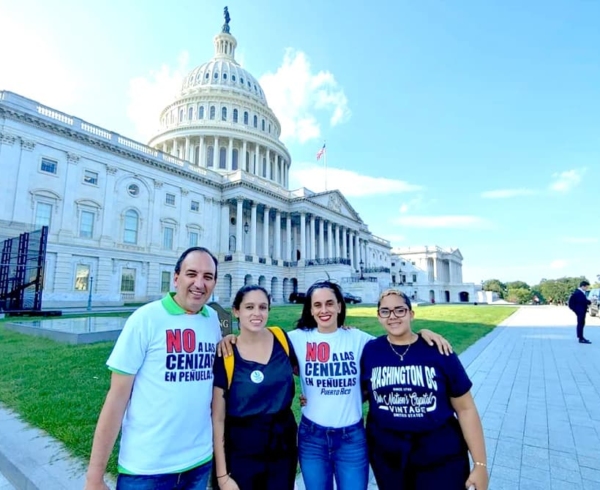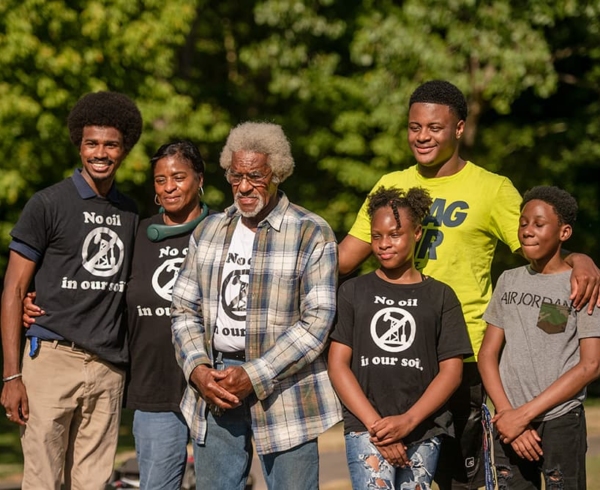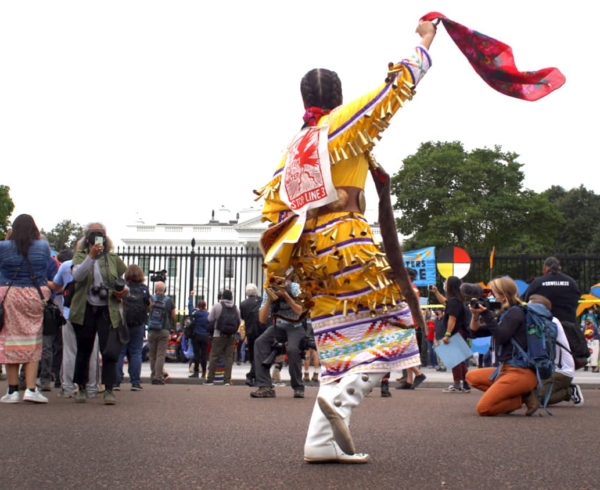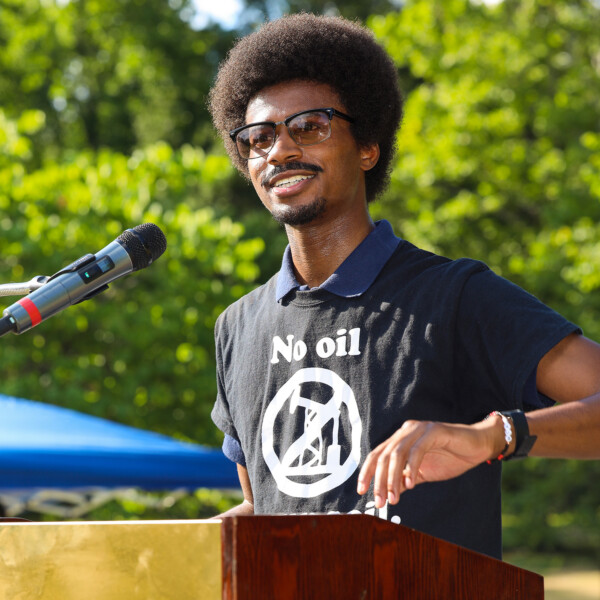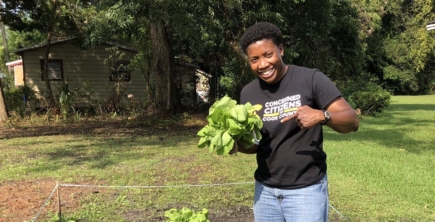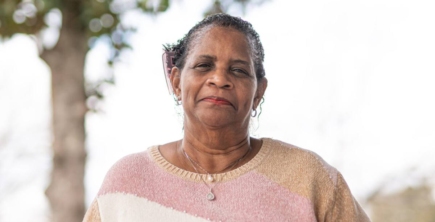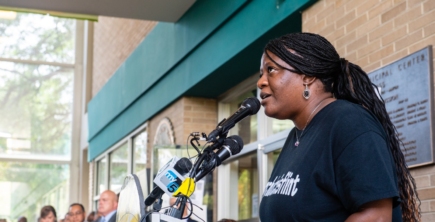Frontline Justice Fund
The Frontline Justice Fund is a Tides Foundation environmental grantmaking initiative that equips communities impacted by climate environmental hazards with the critical resources they need to take on big polluters in the courtroom and beyond.
Our Impact
We stand with community leaders working for environmental and climate justice by helping to sustain their environmental litigation and advocacy efforts through grantmaking.
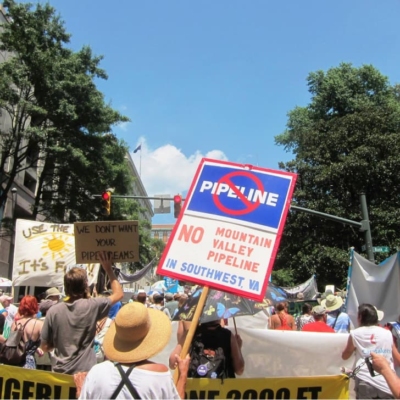

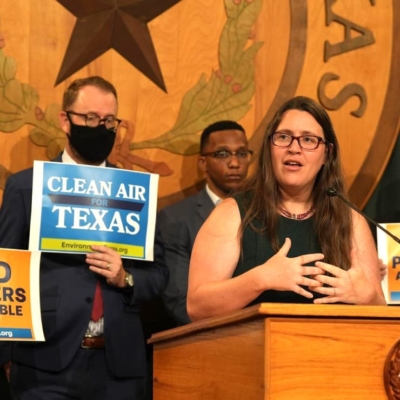
Meet the Independent Advisory Committee
The Frontline Justice Fund is a Tides collective action fund led by an independent advisory committee (IAC) with members deeply rooted in both the environmental justice movement and community-based work.
Their voices are essential to a participatory grantmaking process that prioritizes accessibility, transparency, and responsiveness.
Movement Leaders
-

Angela Mahecha
Environmental Justice Movement Fellowship at the Tishman Environment and Design Center
-

Douglas Cox
Menominee Indian Tribe of Wisconsin
-

Jacqueline Patterson
Chisholm Legacy Project: A Resource Hub for Black Frontline Climate Justice Leadership
-

Maria Lopez-Nuñez
Ironbound Community Corporation
Funders
-

Ash McNeely
Pacific Foundation Services
-

Peter Martin
Tides Foundation
Grantee Stories
Memphis Against the Pipeline united in 2020 to reject a planned crude oil pipeline that would have run beneath South Memphis’s Black neighborhoods. After successfully defeating the pipeline, that effort became the broader Memphis Community Against Pollution (MCAP). Today, MCAP employs attorneys and collaborates with other environmental lawyers to push back not only against nearby polluters — including a sterilizer facility releasing ethylene oxide into the air — but also against the harmful belief that communities historically denied power are acceptable locations for pollution-heavy industries.
Help Tides Power Environmental Justice Through Litigation
For Funders
Our goal is to raise at least $5 million per year, which will bring critical and sustaining resources to the forefront of environmental justice. Help environmental champions win important victories for their communities and ignite important conversations at the state, regional, and national levels.
For Grant Seekers
Sign up for our newsletter to learn about future grantmaking cycles and read the stories of fellow change leaders, or check back here for updates.
